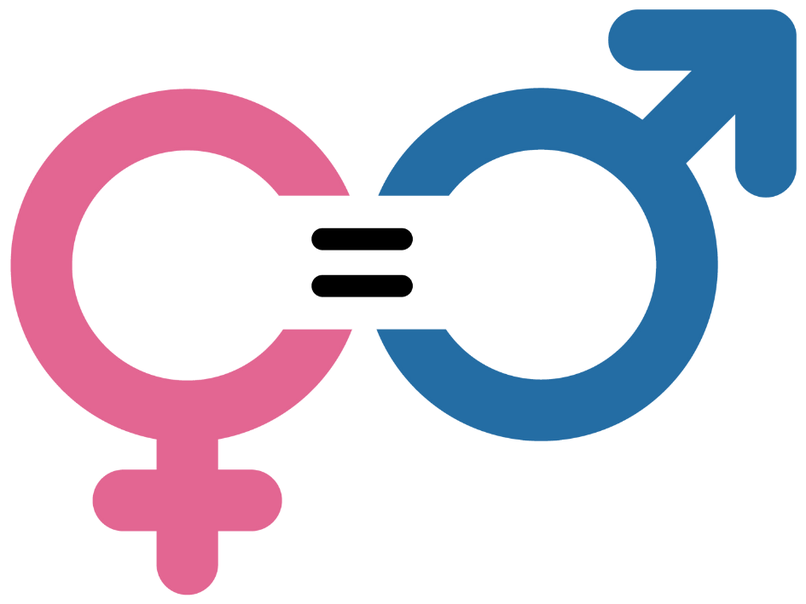"It will take 132 years to achieve gender equality at the current pace of change, said Saadia Zahidi, head of the World Economic Forum. - The way out of current crises and building future resilience require creativity and talent, that are not possible without gender diversity".
With the advent of the pandemic, the number of years needed to bridge the gap between men and women has increased from 100 to 132 years. This is the situation photographed by the Global Gender Gap Report 2022 of the World Economic Forum.
The benchmark is based on four key dimensions (participation and economic opportunity, educational and educational development, health and well-being, and finally political empowerment) that outline the way forward for achieving gender equality.
Our country is 63% out of 146. Italy is therefore in the second half of the ranking, far from other European countries such as Spain (17th position), France (15th position) and Germany (10th position); a score that sees us after Uganda and Zambia and just before Tanzania.
Italy gets the worst score as regards the opportunity and economic participation that measures participation in the world of work, the gender pay gap, estimated work income and the presence of women in leadership positions (for example Board of Directors and among top managers). For this reason, Italy ranks 110 on the 146 countries analyzed, among the lowest European performances.
Equal pay and career advancement are only a small part of the problem, we must engage deeply and structurally and start implementing concrete solutions to bridge the gap.
Eudaimon in his small takes a first step by questioning and promoting empowerment through the in-depth services and training contained in Euty.
